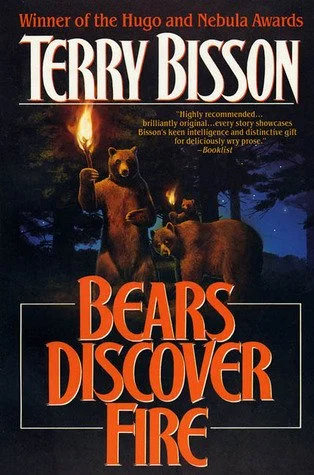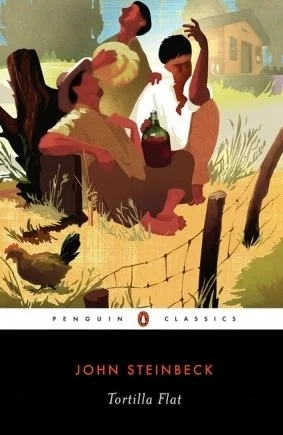Books I Read April 13th, 2025
Back in Baltimore for a bit. Love the people you can, while you can.
India: A Portrait by Patrick French – An idiosyncratic depiction of modern India. Even 1,000 pages is obviously insufficient to touch upon so large a topic, and once might quibble with some of his priorities (there’s an awful lot of Indira Ghandi-related scuttlebutt) but basically this was thoughtful and engaging.
The Belle Creole by Maryse Conde – The acquitted murderer of middle-aged white woman becomes the thread that ties a decaying Guadeloupe in this vivid and insightful ensemble piece. The characters are well-realized and sympathetically drawn, I’ll check out something else by Conde.
Embers by Sandor Marai – The delayed reunion of two aged friends, drawn together by a terrible secret and the splendors of the dying Dual-Monarchy. I read this in college and loved it but can’t say I truly understood it. Not that it’s difficult, particularly, only that it took time and loss to fully appreciate this story of youth, love, and the eternal presentness of lost passion. Beautiful.
The Maltese Falcon by Dashiell Hammett – Another classic I hadn’t looked at for a long time, and still an absolute banger. Hammet’s economy of style is masterful, re-reading it I was struck by how closely he keeps his hand, you really don’t have any idea of Spade’s motivations until the final, masterful, denouement. Really enjoyed this.
Gorgias by Plato – ‘I don’t mind seeing a young lad take up philosophy; it seems perfectly appropriate. It shows an open mind, I think, whereas neglect of philosophy at this age signifies pettiness and condemns a man to a low estimation of his worth and potential. On the other hand, when I see an older man who hasn’t dropped philosophy, but is still practicing it, Socrates, I think it is he who deserves a thrashing…under these circumstances, even a naturally gifted person isn’t going to develop into a real man, because he’s avoiding the heart of his community and the thick of the agora, which are the places where, as Homer tells us, a man “earns distinction.” Instead he spends the rest of his life sunk out of sight, whispering in a corner with three or four young men, rather than giving open expression to important and significant ideas.’
Recoil by Jim Thompson – An ex-felon tries to free himself from the corrupt machinations of his supposed benefactor. One Thompson’s ‘nicer,’ which is to say lesser, works. Still, he remains one of the great noir writers of all time. No one did menace like Jim Thompson.
Day of the Owl by Leonardo Sciascia – The only honest policeman in Sicily tries to solve a murder. Spare, tight, sincere, moral. Sciascia deserves his rep.
The Insufferable Gaucho by Roberto Bolano – Masterpieces of short fiction. Police Rat, in particular, remains one of my all time favorite stories, something that resonates with me more even as a man than a writer.








































































































